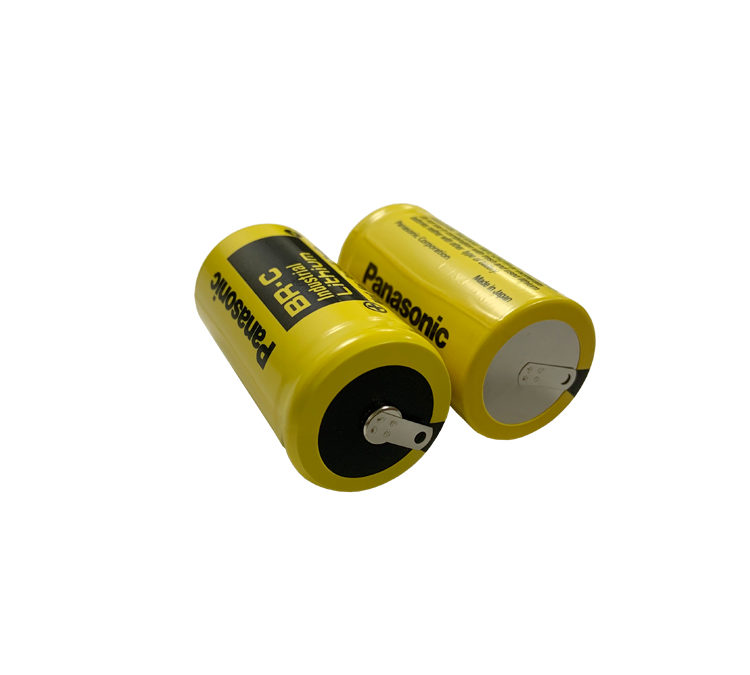The technological progress of cylindrical lithium-ion batteries mainly comes from the innovative research and application progress of key battery materials, further improving battery performance, improving quality, reducing costs, and improving safety through the development of new materials. To meet the requirements of downstream applications for battery-specific energy enhancement, high voltage materials can be used by adopting high specific capacity materials on the one hand, and by increasing the charging voltage on the other.
Cylindrical lithium-ion batteries have developed from 14500 to Tesla 21700 batteries, and in the recent mid-term development, while optimizing the existing system lithium-ion power battery technology to meet the needs of the scale development of new energy vehicles, the focus is on developing new lithium-ion power batteries to improve their safety, consistency and life span and other key technologies, and simultaneously carry out forward-looking research and development of new system power batteries.
For the medium and long-term development of cylindrical lithium-ion batteries, while continuing to optimize and enhance new lithium-ion power batteries, focus on the development of new system power batteries, significantly improve the specific energy, significantly reduce costs, and achieve the radicalization and large-scale application of new system power batteries.
Comparison between lithium cylindrical and lithium square batteries
1. Battery shape: square size can be designed arbitrarily, while the cylindrical battery can not be compared.
2. Multiplier characteristics: cylindrical battery welding multi-pole lug process limitations, multiplier characteristics are slightly worse than the square multi-pole lug battery.
3. Discharge platform: Theoretically speaking, the discharge platform of lithium batteries with the same positive and negative electrode materials and electrolytes should be the same, but the discharge platform of square lithium batteries is slightly higher.
4. Product quality: The manufacturing process of cylindrical batteries is more mature, with a low chance of secondary slitting defects in the pole piece, and the maturity and automation of the winding process are relatively high, while the iteration process is still semi-manual, which has a negative impact on the quality of the battery.
5. Lug welding: cylindrical battery lugs are easier to weld than square lithium batteries; square lithium batteries are prone to false welding, which affects the quality of the battery.
6. PACK formation: cylindrical batteries are easier to use, so PACK technology is simple and heat dissipation is good; square lithium batteries have to solve the problem of heat dissipation when PACK.
7. Structural characteristics: square lithium batteries are less chemically active at the corners, the energy density of the battery is easy to decay with long-term use, and the range is shorter.
Cylindrical lithium battery and soft pack lithium battery comparison
1. Soft pack battery safety performance is better, soft pack battery in the structure of the aluminum-plastic film packaging, the occurrence of safety problems, soft pack battery will generally bulge crack, unlike the steel or aluminum shell battery cell explosion; in the safety, performance is better than the cylindrical lithium battery.
2. Soft pack battery weight is relatively light, soft pack battery weight is 40% lighter than the same capacity of steel-cased lithium batteries, 20% lighter than cylindrical aluminum-cased lithium batteries; internal resistance is small, the internal resistance of soft pack batteries is smaller than lithium batteries, which can greatly reduce the self-consumption of the battery;
3. Soft pack battery cycle performance is good, soft pack battery cycle life is longer, 100 times less than the cylindrical aluminum shell battery cycle decay 4% to 7%;
4. Soft pack battery design is more flexible, the shape can be any shape, can be thinner, can be customized according to customer needs, the development of new cell models. The cylindrical lithium battery does not have this condition.
5. The shortcomings of soft pack batteries compared to cylindrical lithium batteries are poor consistency, higher cost, and easy leakage. The high cost can be solved by large-scale production, and the leakage can be solved by improving the quality of aluminum-plastic film.
